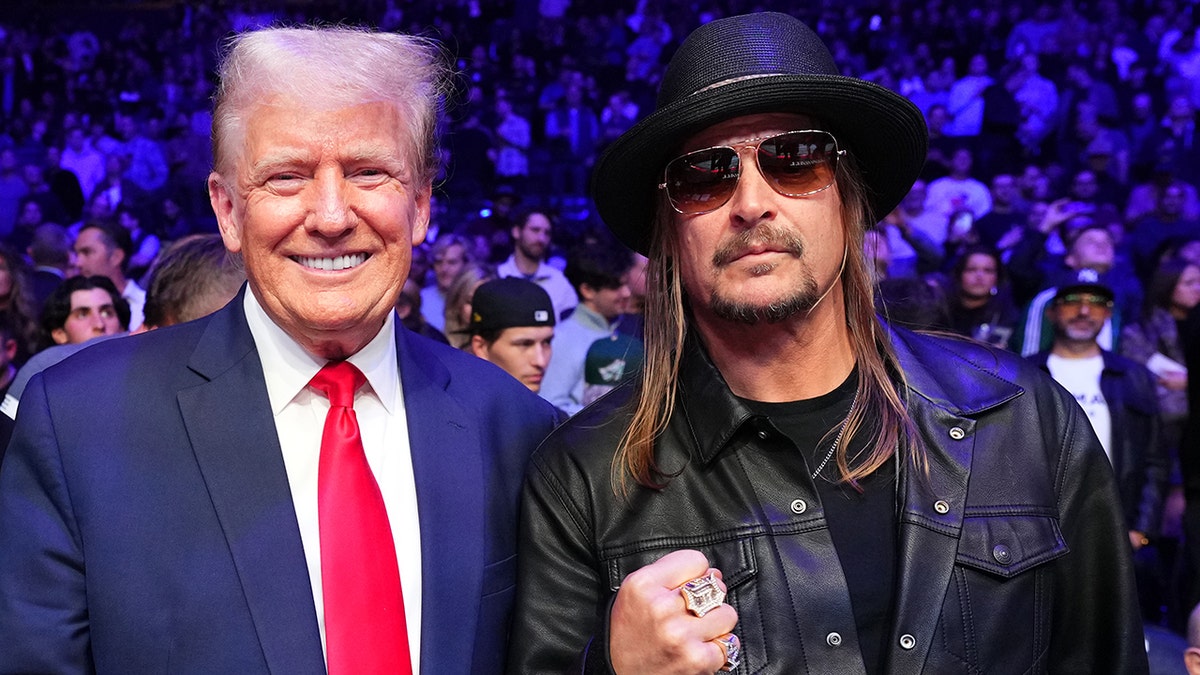Grief has a way of stripping people bare, of pulling raw emotions to the surface. After the sudden passing of Charlie Kirk, it was Kid Rock who stepped into that raw space, his voice breaking through the silence with anger, pain, and defiance. Standing before cameras and microphones, he didn’t deliver a polished statement or a carefully measured eulogy. Instead, he lashed out, calling the mainstream press “public enemy No. 1.”

To some, his words sounded harsh. But behind them was a man mourning a friend and confronting a world that too often spins tragedy into headlines. For Kid Rock, the moment wasn’t about politics or performance—it was about frustration with a system he believes has lost touch with truth, compassion, and humanity.

His supporters understood. They saw a man speaking from the heart, voicing a distrust that has quietly lived in the minds of countless Americans who feel ignored or misrepresented by the very institutions meant to inform them. For them, Kid Rock’s fury wasn’t reckless—it was a cry for accountability, a demand that the truth and the people it affects should matter more than clicks and soundbites.
Yet, critics heard something else. To them, grief cannot justify division. They worry that words like his, sharp and unfiltered, cut deeper wounds into an already fractured society. They believe the moment called for unity, for healing words that could bridge divides rather than widen them.
And that’s what makes this moment so human, so painfully real. In mourning Charlie Kirk, we’re reminded not just of what was lost, but of the fragile lines we walk between honesty and hostility, between grief and anger, between speaking our truth and tearing each other apart.

Perhaps that, more than anything, is the legacy of this moment—not the headlines, not the politics, but the reminder that even in anger, even in conflict, grief is the common thread that binds us all.
